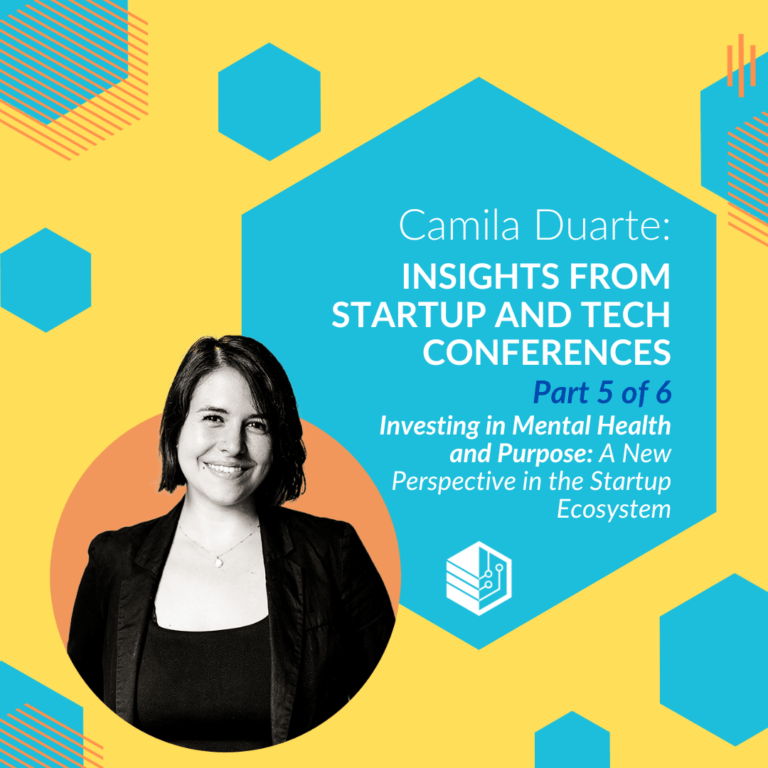
IaaS, PaaS & SaaS: Choosing the Right Cloud Solution for your Business
Nowadays, the term “cloud” is widely known as an online solution for managing files and storing data. Businesses big and small utilize cloud services, but many are unaware of the extensive capabilities the cloud can offer. As a startup, becoming familiar with your cloud options such as Iaas, PaaS, and SaaS, and knowing the differences, benefits, and drawbacks of each one will help you choose the solution(s) that will help your company be more efficient, cutting-edge, and cost-effective.
What is IaaS, PaaS, and SaaS?
Before diving into the various cloud solutions, it is important to have an understanding of what “the cloud” is.
What is the cloud?
Rather than acquiring physical servers and equipment that store, manage, and operate data and software, “the cloud” is composed of several servers that are located in large data centres throughout the world, accessed by customers remotely over the internet. By using cloud computing, users don’t have to manage physical servers or run software on their own machines.
IaaS, PaaS, and SaaS
Cloud computing can be broken down into three main categories: IaaS, PaaS, and SaaS. All three types offer enormous benefits to businesses, but understanding their differences will help you determine which solution(s) is the best fit for your company’s needs.
Infrastructure as a Service (IaaS)
Allows customers to manage their company’s resources — network, servers, data storage, etc. — on the cloud. IaaS is made of scalable and automated computer resources that businesses can access themselves via a virtual data centre in the cloud, and can purchase resources on an as-needed basis rather than having to buy the hardware outright.
IaaS uses virtualization technology and is usually provided to the customer through a dashboard or an API. When using IaaS, you are responsible for managing things such as applications, runtime, OSes, and the IaaS provider manages the servers, hard drives, networking, virtualization, and storage.
IaaS Advantages:
- Easy to automate deployment
- Allows complete control over infrastructure
- Purchase resources as-needed
- High scalability
- Allows for multiple users
IaaS Concerns:
- Security threats to the hosting provider
- Staff training may be required so your team knows how to properly manage the infrastructure
Platform as a Service (PaaS)
Used by developers allowing them to host, build, and deploy consumer-facing apps through a web-based platform. Using PaaS, developers are given the freedom to concentrate on building software without worrying about operating systems, software updates, storage, or infrastructure.
PaaS Advantages:
- Easy to use
- Cost-effective app development and deployment
- Scalable
- Customize apps without having to maintain software
PaaS Concerns:
- Ability to integrate with other existing apps
- PaaS may not be a “plug-and-play” solution for existing apps limiting its effectiveness
Software as a Service (SaaS)
SaaS is the most common cloud service with applications designed for everyday use for both individual consumers and businesses. The majority of SaaS programs run directly through your web browser, and rarely require downloads or installation on individual devices — a massive benefit for teams working remotely or working across international borders.
By using SaaS applications, your business does not need to manage technical issues, servers, or storage which can often be a huge burden on time and costs if you do not have a dedicated I.T. person or department in place.
SaaS Advantages:
- Creates better efficiencies
- Reduces time and money spent on installing, managing, and upgrading software.
- Frees up physical space (no need for on-site servers)
- Easy to find and use applications as needed
SaaS Concerns:
- Limitation of app integrations
- Data security
- Ability to customize app features to the needs of your business
CCaaS and CPaaS: What are They?
Contact Center as a Service (CCaaS) is a form of SaaS that is specific to contact centres. These cloud-based contact centres are ideal for small and medium-sized businesses that want an easily deployable and easy-to-use solution. CCaaS products offer rapid deployment, however, they can have limited customizability and scalability.
Communications Platform as a Service (CPaaS) is a cloud-based product that allows businesses to have real-time communications capabilities (i.e. voice, video, instant messaging) to business applications by deploying APIs.
Rather than building your own communications infrastructure from scratch, you can use CPaaS products in existing applications by only adding a few lines of code.
Examples of IaaS, PaaS, and SaaS
IaaS: Amazon Web Services (AWS), Google Cloud, Microsoft Azure
PaaS: Google App Engine, Heroku, Apprenda
SaaS: HubSpot, Dropbox, DocuSign
Which is Best: IaaS, PaaS, or SaaS?
Determining which cloud solution is best is completely dependent upon the needs of your business. Below are ideal scenarios in which IaaS, PaaS, and SaaS could be used to help decide which type of cloud service you need.
IaaS:
- Startups with minimal cash flow that cannot afford their own hardware or software.
- Only particular resources are needed.
- Experiencing rapid growth with infrastructure needs quickly changing within short periods of time.
PaaS:
- Multiple developers need to work on the same project.
- Vendors are involved in the development process and need access to the application.
- Creating a customized application.
SaaS:
- Startups that need to launch their e-commerce quickly.
- Short-term projects.
- Applications that are only needed periodically and not regularly.
Working with cloud solutions can add tremendous value to your business, but it can be difficult to decide which technologies to invest in when your startup’s needs are changing.
Working with a startup mentor or joining a startup incubator guides you through your startup’s journey, helping you make decisions that are smart and strategic for your business.


